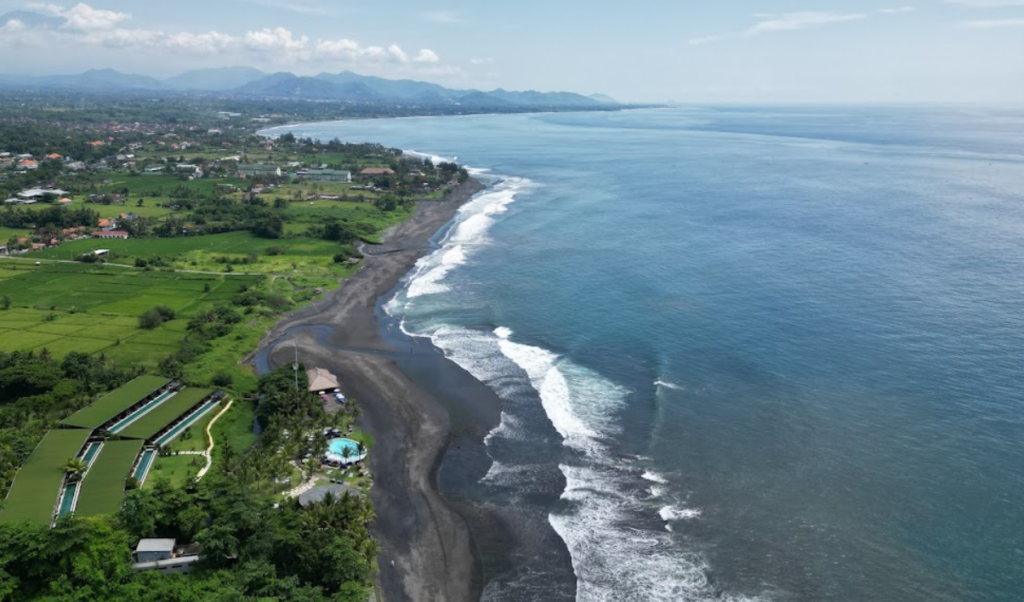
Seventeen electric pedicabs—known locally as becak listrik—formally take on to Bali’s streets this week following the inauguration of the Indonesian Electric Pedicab Association (PBLI) office in Denpasar.
The battery-powered three-wheelers began their operations in Jatiluwih, Tabanan, and will now expand to Sanur and Nusa Dua.
More “humane”: Electric vehicle to ease labor strain for drivers
The pedicabs, part of an initiative by President Prabowo Subianto to introduce 500 electric models nationwide, aim to support economically struggling pedicab drivers, particularly those whose health no longer aligns with the physical demands of pedaling, explained General Wiranto, Chairman of PBLI’s Supervisory Board.
“The president’s idea is that traditional pedicabs, if we’re honest, are less humane,” Wiranto explained. “There are elderly drivers who are forced to pull pedicabs for little income, with labor that doesn’t match their physical condition.”
“With these electric pedicabs, it’s easier, lighter, and without sweat—more humane,” he added.
In addition to easing the labor demands on drivers, PBLI Chairman Glenny Kairupan expressed hope that the battery-powered three-wheelers will further furnish Bali’s eco-friendly tourism appeal.
“We also hope this initiative can alleviate traffic congestions across Bali, particularly in areas like Kuta, Denpasar, and their surroundings,” Kairupan noted.
Wiranto said that tourists have responded warmly to the new pedicabs, especially appreciating the traditional Balinese touches—such as decorative umbrellas and patterns—drivers have added to their vehicles.
“Tourists seem to enjoy the pedicab experience, especially when it’s set against the scenic beauty of Bali’s landscapes, like the rice paddies,” he remarked.
For now, the eco-friendly rides remain free, a move PBLI hopes will attract international tourists and help introduce the initiative to the public.









